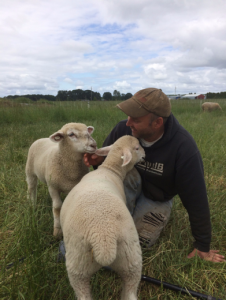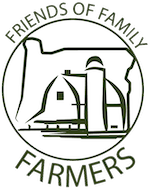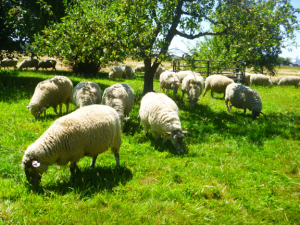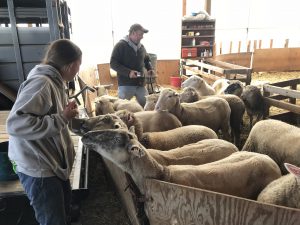Description:
We are a small pasture-based farm raising sheep and a few Indian Runner ducks on 15 acres. We love our flocks. We find our sheep and ducks endlessly interesting: they are so smart and resilient. We see our animals throughout the day and try to anticipate their every need, making sure even the weakest ones are given the care they need to thrive. We have a number of tame ewes that will eat peanuts and other snacks from our hands and enjoy a daily neck rub and back scratch. To quote a Wisconsin shepherd from 1912: “Our happiest hours are spent among our flock, watching young lambs grow and old ones do well.”
Production Practices:
Sustainable Farming Practices, Rotational Grazing, Humanely-Raised
Type of Farm Products Sold:
Lamb, Value-added products, mutton, sheep sausage, duck eggs
Number of Acres in Animal Production:
15
Grazing, Pasture and Nutrient Management Practices:
Animals can come and go as they like from the barn to the pasture, and are confined to the barn only during extremely wet and muddy conditions. We turn our sheep into a paddock to graze when the grass is 8-10″ tall and we try to move them when the residual is about 5- 6″ tall. We use portable electric nets so our paddocks aren’t a fixed size. The area they have to graze depends on the time of year and the rate of grass growth. We take down a net so the sheep can move into a new area, leaving a little extra residual so that they can back-graze for a day or two. We prevent overgrazing of an individual paddock by moving them a couple hours early, rather than moving a couple hours late after they’ve taken too much. We have very little slope on our land so erosion is not a problem. Standing water, in the winter, and anaerobic soils are a problem so we carefully maintain drainage ditches to control ponding.
We use our ducks for slug control and we don’t use any insecticides except for getting rid of the occasional yellow jacket nest. We use a deep bedding system in our barn, clean out the manure during the summer and spread it on our fields, being careful to keep it away from ditches and creeks. We use selective herbicides to control thistles, blackberries, and poison oak.
Wild pollinator habitat through planting hedgerows, ditch and creek banks with pollinator friendly wildflowers.
Certifications:
None
Farm Visits:
By appointment only

Where Products Are Available:
OPN Product Guide: Mid-Willamette Valley
On farm, by appointment
More Info and Contact Information:



